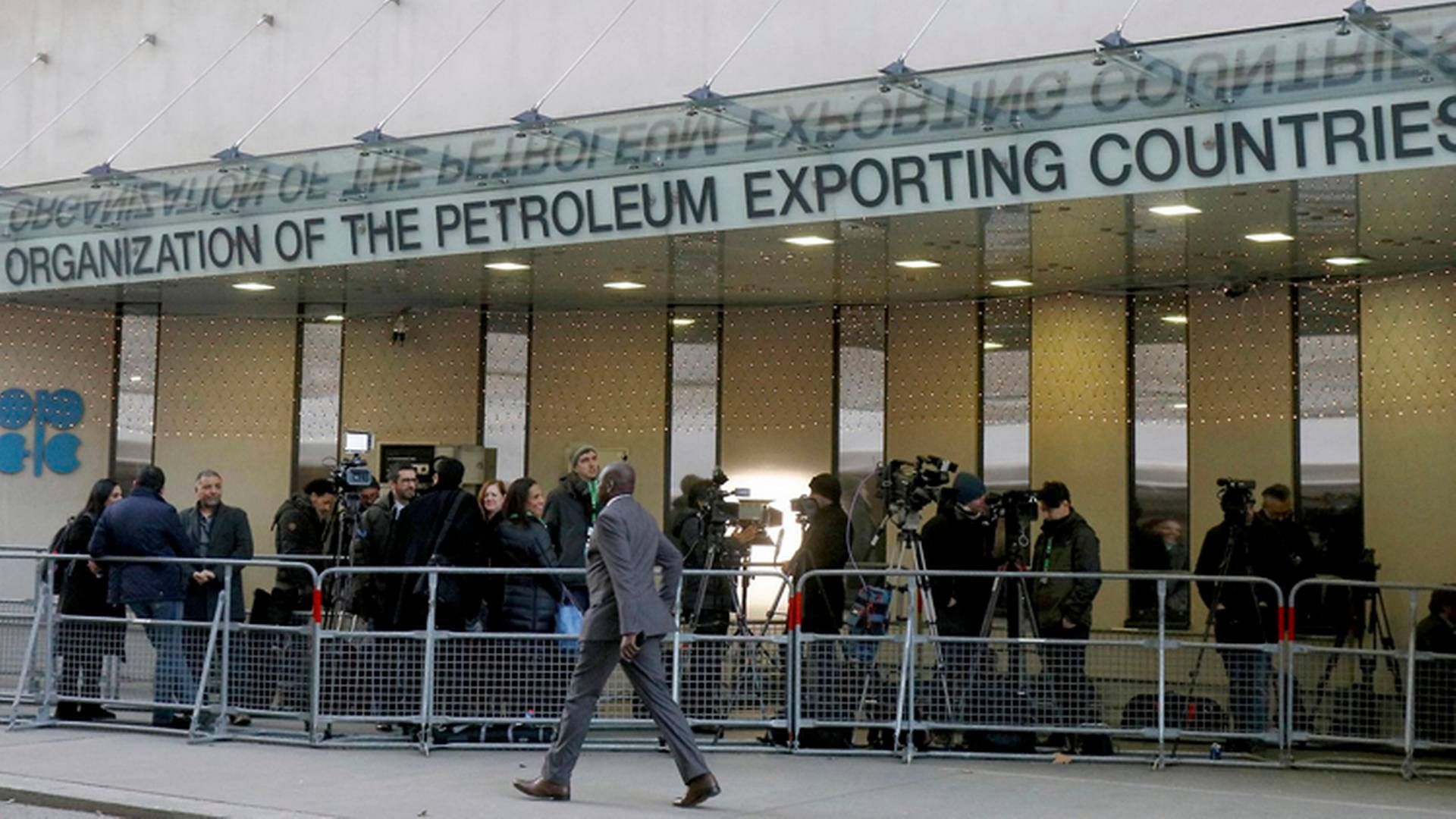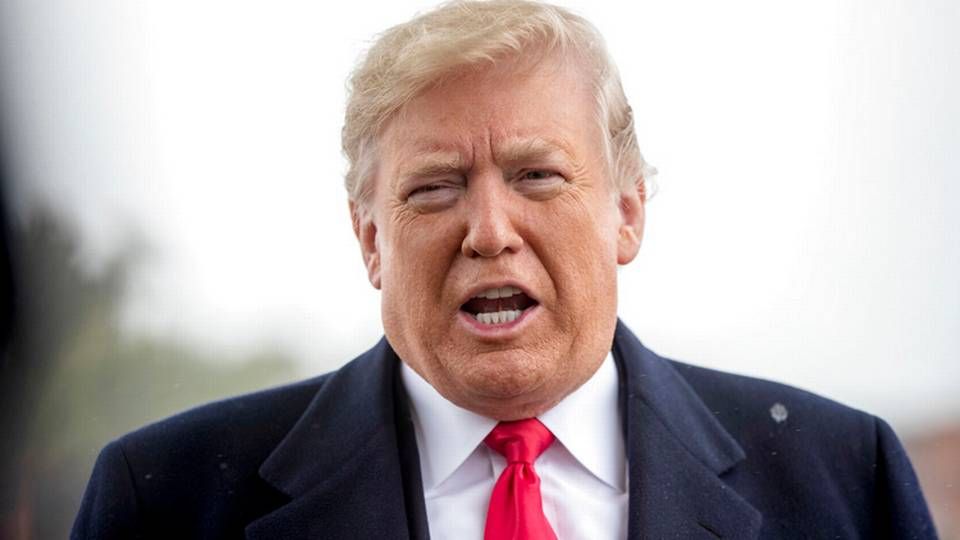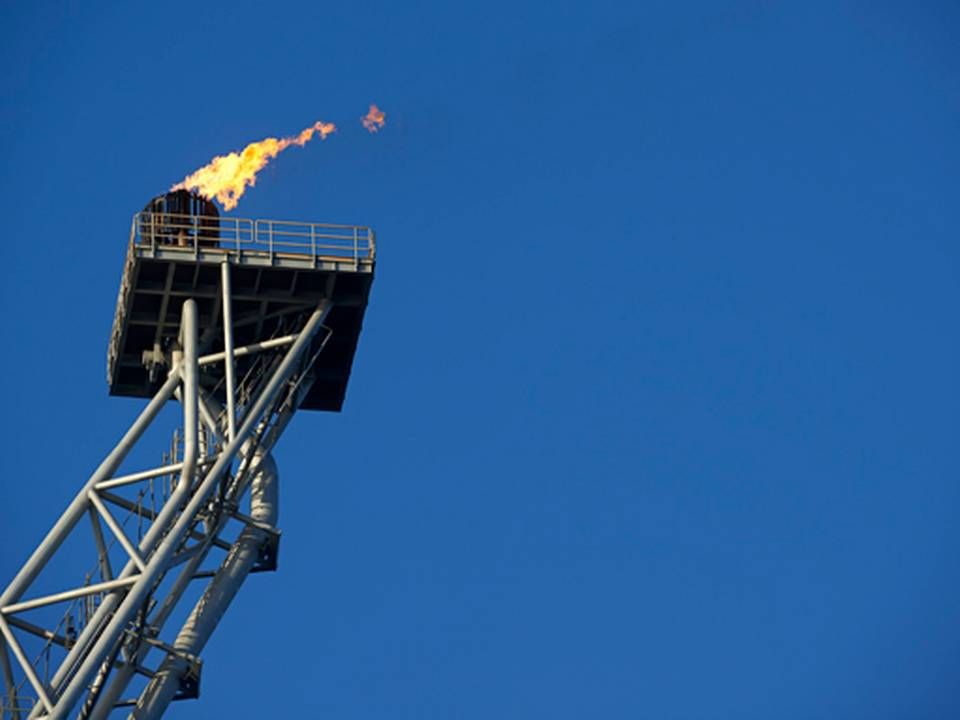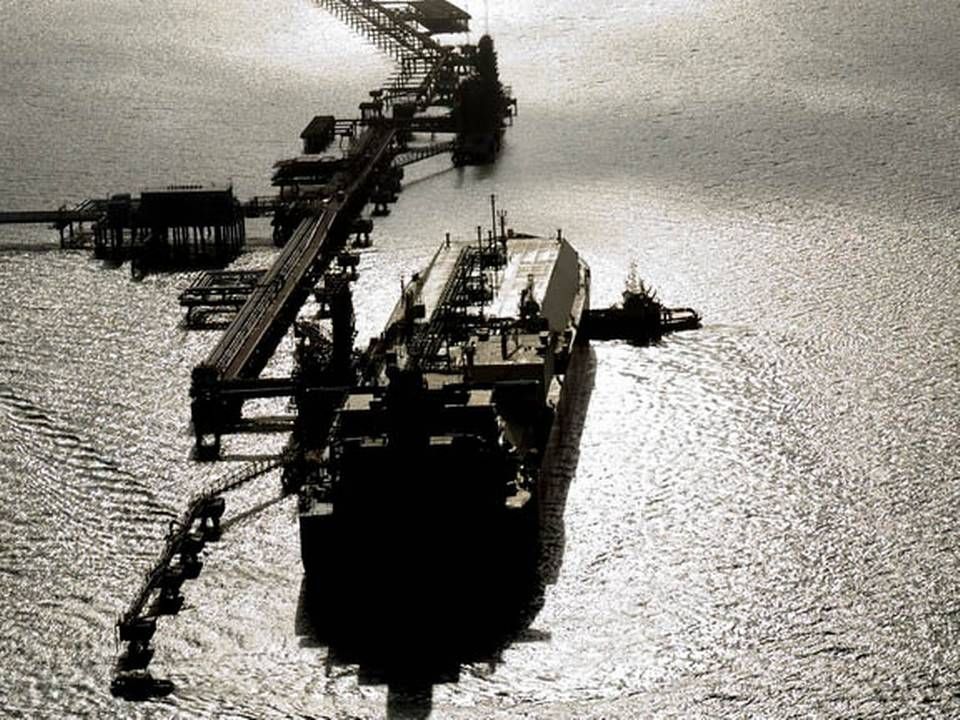OPEC and Russia close to decreasing oil production

Saudi Arabia, a leading member of OPEC, and Russia are close to an agreement on slashing oil production, reports Financial Times. This would mean that US president Trump does not get his way on the issue.
At the "OPEC+" meeting in Vienna between OPEC and Russia the parties agreed to reduce oil production, even though it has not yet indicated the size of the reduction.
A reduction of production will mark the country's response to the fact that the oil price declined by more than 30 percent. In the US, the oil price peaked on Oct 3., reaching USD 76.41 for a barrel of crude, while today the same quantity can be acquired for USD 53.56.
"We did not discuss numbers . . . we just agreed on a cut," said Mohammad Al Rumhy, oil minister of Oman, after the meeting according to Financial Times.
However, he pointed out that OPEC analysts have proposed a reduction of at least 1 million barrels per day.
"We [members of the monitoring committee including Saudi Arabia and Russia] cannot argue with the recommendation," he added, saying a decision would be made in the coming days.
On several occasions over 2018, Trump has criticized OPEC and Saudi Arabia for not producing enough oil so the price can be kept down. He was particularly vocal earlier this year when the price peaked. However, on Wednesday the president took to Twitter to call for a continued high level of production.

"Hopefully, OPEC will be keeping oil flows as is, not restricted. The World does not want to see, or need, higher oil prices!"
Saudi Arabia, considered the OPEC leader, has an interest in a higher oil price but is also under pressure from the United States, as it does not want to risk a good relationship with its main allies. The situation has become even more precarious after the murder of Saudi journalist Jamal Khashoggi at a consulate in Turkey. Khashoggi was a United States resident.
The oil price downturn is attributed to several factors which have resulted in the market being overcrowded. Firstly, US production has set a month by month record, because the increasing oil prices have meant increased shale extraction. OPEC countries also produced their highest level since 2016 in October.
The US sanctions against Iran have not had a huge impact on deliveries from the country. Iran delivers approximately 2 million barrels of oil daily to the global market, but the US has given permission to eight countries, including the largest oil buyers in Iran – China, India and Turkey – to continue buying crude oil from Iran, meaning the sanctions have not had a huge impact.
Meanwhile, global growth has contributed to signaling a slowdown in the demand for crude oil.
English Edit: Lena Rutkowski
Oil prices stabilize after Friday's slide
Qatar announces OPEC exit days before pivotal oil cuts meeting
Related articles
Oil prices stabilize after Friday's slide
For subscribers
























.jpg&w=384&q=75)